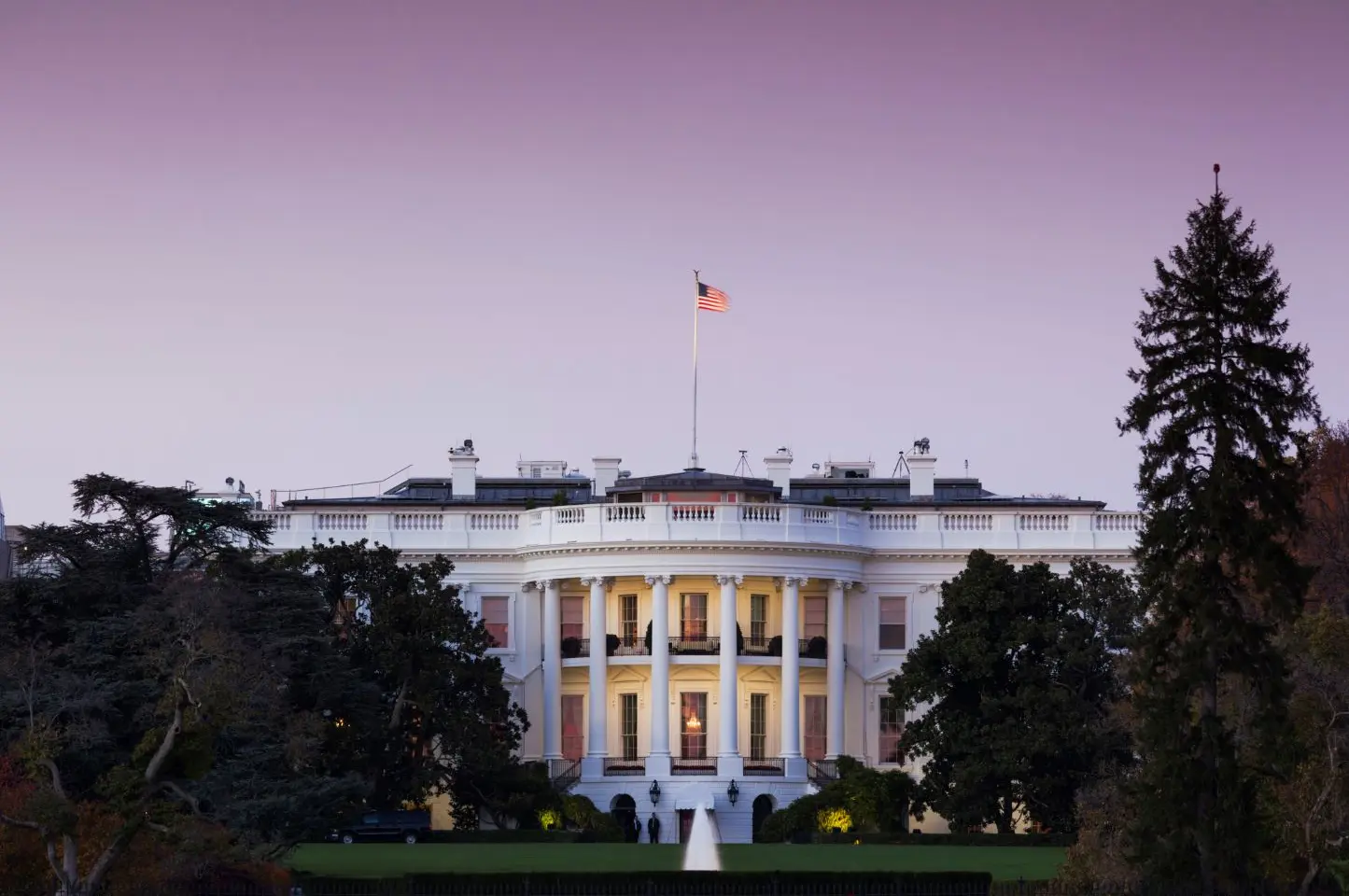Climate change does not seem to be at the centre of the presidential campaign in the United States. There will be other issues that will decide the outcome of the 5 November election confrontation between Donald Trump and Kamala Harris: inflation, economic trends, sexual and reproductive rights, and immigration. However, the US election result will have a big effect on the fight against global warming and the global energy transition.
The United States is the second largest country for CO₂ emissions in the world (after China) and the first in terms of historical emissions. Currently, the target set by the Biden administration is a 50-52 per cent reduction in greenhouse gas emissions from 2005 levels by 2030, 'an ambitious but achievable goal', as the outgoing president put it.
The US green transition
The main instrument of this pathway is the measure passed by Congress in the summer of 2022, the Inflation Reduction Act (IRA), which deployed almost 500 billion federal resources in incentives, subsidies, and funding for the decarbonisation, electrification, and transition of the United States.
From a financial point of view, the IRA was the most ambitious climate law in the world. Compared to the European Union's Green Deal, it has the basic vision in common: energy transition as an engine for development and a new ability to compete with emerging economies, the goal of a reindustrialisation in a green key, to bring back into the economy the production of key technologies and resources for decarbonisation, such as the production of photovoltaic panels or batteries for electric cars. Unlike the European model, the US model puts resources on the market by betting on the ability of renewables and sustainable mobility to reduce the impact and use of fossil fuels, the main cause of global warming. The basic idea is that bans will not be needed, incentives will suffice. Unlike in the European Union, no date has been set for the phase-out of cars with a combustion engine. Moreover, the Biden administration has chosen not to go to war with the fossil energy sector. Although generation from clean energy sources has grown in recent years, the United States remains the world's leading producer of both oil and gas, and fossil energy still generates three quarters of US consumption.
The two contenders
In her political history, Kamala Harris has proven to be less willing to mediate than Joe Biden. When she was Attorney General of California, she prosecuted oil and gas companies on the grounds of local pollution rather than climate change, but towards the end of her term she had also initiated an investigation (later abandoned by her successor) into climate misinformation by the fossil fuel industry.
When she challenged Biden in the 2019 Democratic Party primary, her policy proposal included a ban on fracking, the hydraulic fracturing of rocks to produce shale gas, a highly polluting and equally profitable practice. As vice-president, she has hardly ever dealt with climate or transition. During the early stages of the campaign, she has been more cautious than her past approach, choosing to challenge Trump on other issues, while on climate her position is to confirm and strengthen the work done so far by Biden. She also ruled out that a ban on fracking would be part of her proposals: The Harris of 2024 in the presidential election is more moderate than the Harris of 2019 in the primaries.
On the contrary, Trump presented himself as the main supporter of the American oil and gas industry. In his four years as president, between 2016 and 2020, Trump dismantled a hundred regulations and policies to protect the climate and the environment and also withdrew the United States from the Paris Climate Agreement, the only country in the world to do so. His new election campaign got off to an equally aggressive start: during a rally in Ohio he accused the electric car of 'killing' the automotive industry, said the transition will be a bloodbath, and at the Republican convention promised he will do everything to increase oil and gas permits. "We will drill, baby, drill", he told his constituents. In the election plans of Project 2025, the scheme that would guide the possible start of his term, there are also measures such as the dismantling of NOAA (National Oceanic and Atmospheric Administration), the main US climate and environment monitoring agency, accused of 'climate alarmism'.
The weight of the US on climate finance
Less than a week after the US elections, on 11 November, the 29th UN climate change conference, the COP29 in Baku, Azerbaijan, the third in a row (after Egypt and United Arab Emirates) will begin in a fossil fuel producing country. The proximity between the two dates will amplify the effect of the US result on the global energy transition, which currently seems to be at a standstill especially from a financial point of view.
The challenge of COP29 in Baku is precisely to mobilise public and private resources to enable emerging economies to move towards sustainable development and vulnerable countries to adapt to the effects of climate change. Climate finance is the bottleneck of the transition, and a large part of the flow of resources depends on US policy, in direct ways (how much public money they decide to allocate for aid) or indirect ways. They also appoint the president of the World Bank, who, starting this year, will also manage the damage and loss fund to compensate countries affected by climate change.
The next resident of the White House, whether ambitious or sceptical about the climate challenge, will influence the entire global transition.
